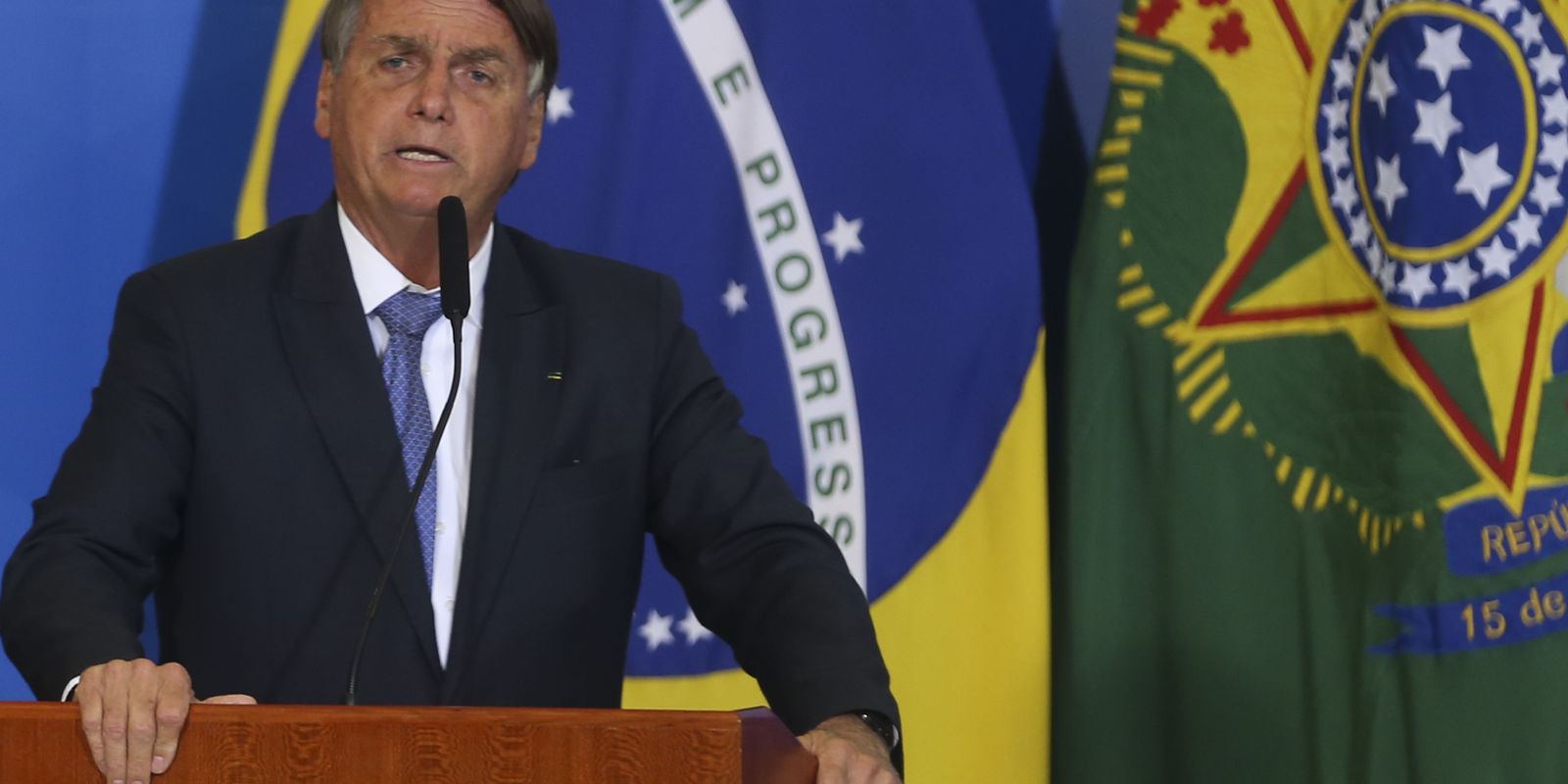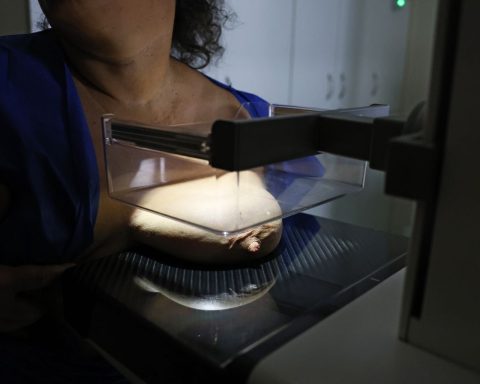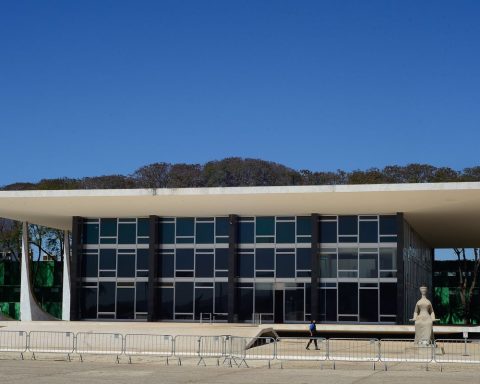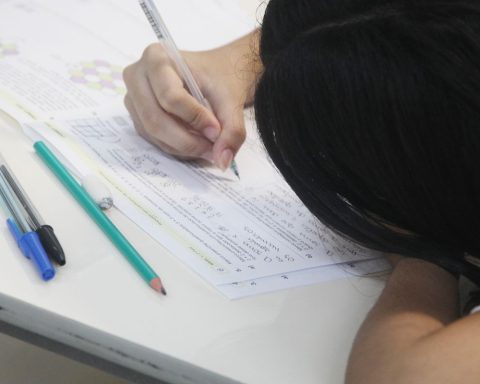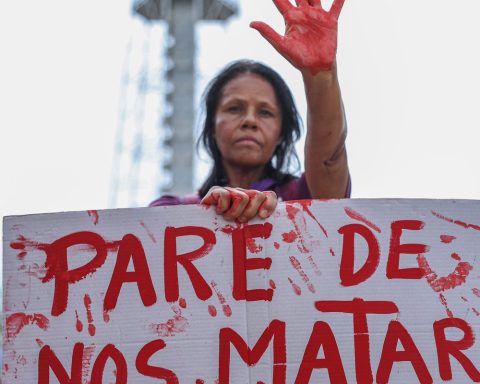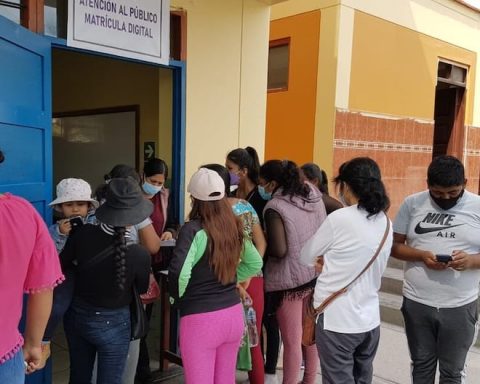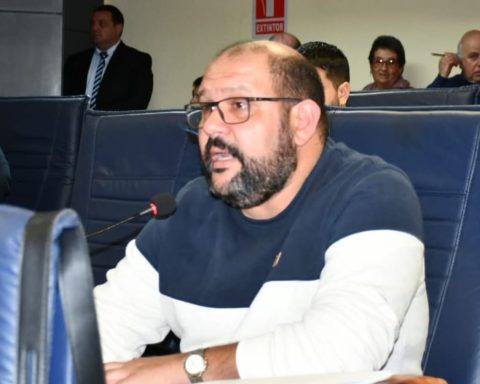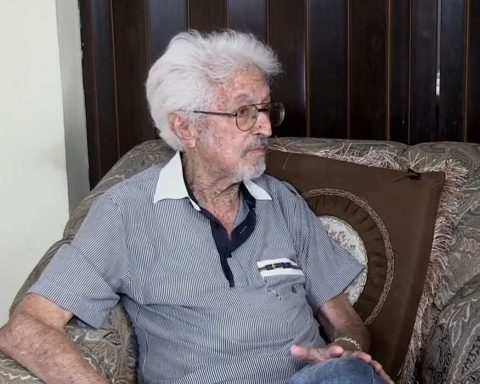President Jair Bolsonaro issued today (9) a decree by which trade and transparency rules of an agreement between Brazil and the United States signed on October 19, 2020 come into force.
“This is an ambitious and modern commercial package, which aims to promote bilateral trade and investment flows”, informed the Ministry of Economy. In the portfolio’s assessment, by modernizing the rules of commercial exchange, the protocol, when put into practice, will meet the demands of the private sector of both countries.
In a note, the General Secretariat of the Presidency of the Republic explains that the initiative has, among its objectives, “to strengthen the economic partnership; facilitate trade, investment and good regulatory practices; ensure efficient customs procedures; and ensure predictability for importers and exporters”.
The protocol to which the decree refers has five articles. In its first annex, another 21 articles deal with trade facilitation and customs administration. Annex 2 contains 19 articles dealing with the regulation of “good practices”; and the third annex presents seven articles that address anti-corruption practices.
“The annex on trade facilitation is the most advanced text negotiated in this area by Brazil, going beyond the World Trade Organization (WTO) Agreement on Trade Facilitation (TFCA) in several respects. The annex on good regulatory practices represents the first agreement with binding clauses ever adopted by Brazil. The anti-corruption annex reiterates, bilaterally, the legislative obligations to which the two countries have committed in the multilateral context”, details the Ministry of Economy.
The General Secretariat adds that, in addition to regulating and detailing administrative procedures, the agreement will facilitate trade and investment, as well as guarantee efficient and transparent customs procedures, with a view to reducing costs and ensuring predictability for importers and exporters.
It will also have the effect of stimulating cooperation in the area of trade facilitation and the application of customs legislation, minimizing formalities and promoting measures against corruption.
Finally, it will provide “transparency to the public and to economic agents of all dimensions and in all sectors”, complements the secretariat.
